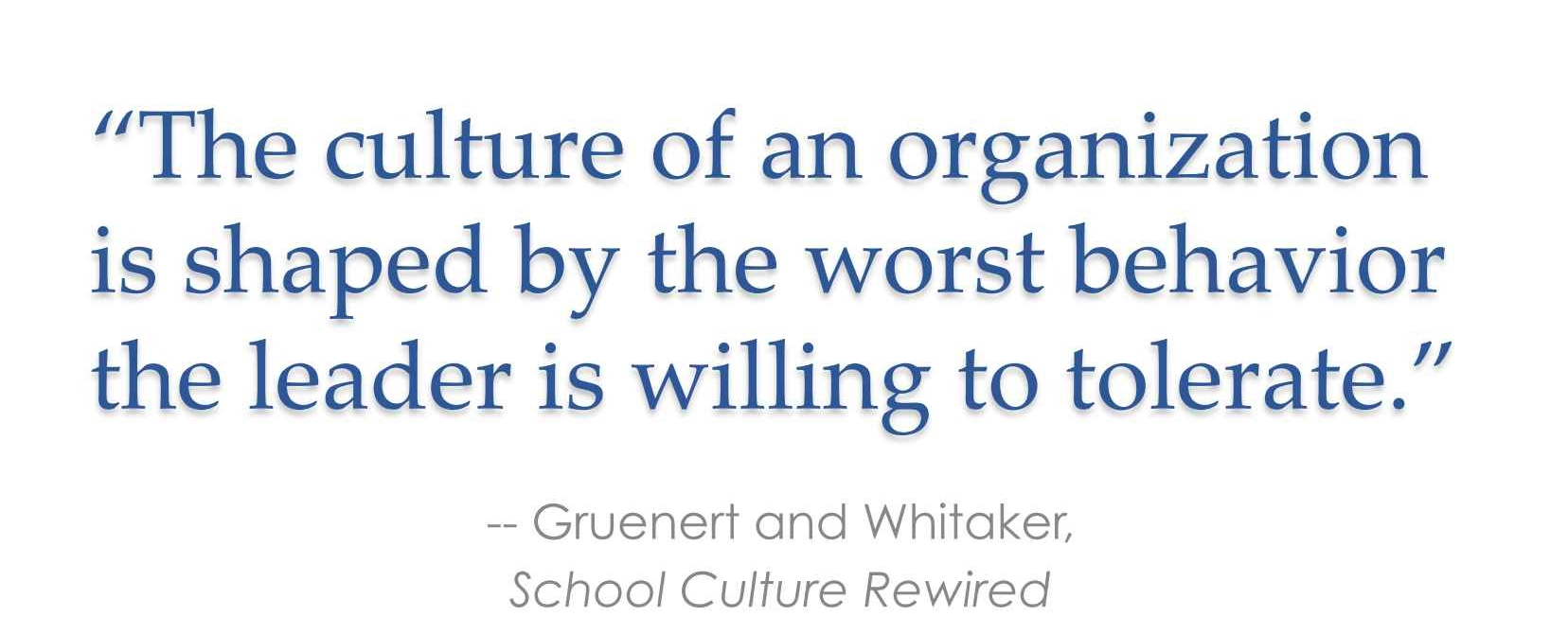The #1 reason people quit their jobs today is due to a “toxic culture.” Just what is the definition of a “toxic culture”? Can you recognize it if you are in one? I would argue that everyone can recognize the obvious signs of a toxic culture. However, not as many can recognize the subtle signs of a toxic culture in development.
Obvious Signs of a Toxic Culture
Forbes recently published a great article covering 5 types of toxic culture – Hustle, Clique, Blame, Authoritative, or Fear-based. There are a lot of obvious signs of a toxic culture within each of these.
Toxic workplace cultures are rife with hostility, cliques, gossip, mistrust, and selfishness. They’re a breeding ground for dysfunction due to poor communication, power struggles, negativity, and abusive leadership.
If you already recognize one of these types in your company’s culture, it’s time to leave. I probably don’t have to tell you this as you are likely witnessing a high employee turn over already and know it yourself.
Why Subtle Signs Matter
What’s harder to figure out are the subtle signs of a toxic culture. After you read the Forbe’s article above, you may say to yourself “my company culture is not any of these or is not that bad.'” The questions really are do you think your company has a high risk of developing into a toxic culture and how would you know?
I was inspired to write this article when I listened to the audiobook “Dare to Lead” by Dr Brene Brown. In this book, she talks about “What stands in the way [of daring leadership] becomes the way” and she lists the top 10 signs of what gets in the way of daring leadership. Eight of them really resonated with me and I believe they are the subtle signs of a company building a toxic culture.
8 Subtle Signs of a Toxic Culture in Development
- Avoid tough conversations including productive feedback in the name of being nice and polite. Common examples of this are the pervasive back channeling. When it gets really bad, you get the “dirty yes.” You get a yes in your face when the person actually don’t plan to follow through.
- Not spending a reasonably amount of time acknowledging and addressing the fear and feeling during change and upheaval. Instead spending an unreasonably amount of time addressing problematic behaviors.
- Lack of connection and empathy, leading to diminishing trust
- Not enough people taking smart risks or creating/sharing bold ideas to meet the changing demands of their industry or innovation, due to fear of being put down or told to “stay in their lane.” What results from this is the status quo and group think
- Too much shame and blame and not enough accountability and learning
- When something goes wrong, team rushes to solutions instead of taking time to truly understand the problem.. When you fix the wrong problem for the wrong reason, it can easily reoccur which is both costly and demoralizing
- Organizational values are assessed in term of aspiration rather than actual behaviors that can be taught, measured, and evaluated.
- Perfectionism and fear are keeping people from learning and growing.
What Can Be Done about This
Even if you recognize and resonate with many of these subtle signs of a potential toxic culture, not all is lost. These are signs of a company with a cultural crisis. This can happen especially during great time of change like a merger or acquisition. It can be temporary as two companies are combined into one and everyone is trying to figure out the resulting culture.
I recommend you ask yourself four questions
- Do I think senior leadership recognizes the culture crisis? Will they be proactive in taking steps to address it?
- Do I see emerging daring leaders who are authentic, empathetic and actively trying to reshape our culture?
- As an employee or leader myself, what can I do to foster more connection, trust, openness, and bold ideas? Once I do this, do colleagues respond in kind?
- Ultimately, how am I impacted in my day to day work life as a result? Can I still bring my best self to work? If not, do I still have what I want as minimum requirements to want to stay at the current job?
At the end of the day…
When it comes to culture, I don’t think there is a black and white answer, especially when the signs of a cultural crisis are subtle. Developing a supportive high performing culture is an art that every leader should learn. What’s important is that you know how to best assess your company’s culture, you know what you have to do to protect yourself from a declining culture, and you learn examples of what you must NOT create or tolerate when you become a leader yourself.
Your comments: Do you recognize many of the subtle signs of a toxic culture at your company? If so, what will you do about it for your company or for yourself? If not, that’s awesome. I would love to hear how your company created a healthy culture. I look forward to your comments
Like this article? then help me share it on Linkedin, Facebook, Twitter etc..
New to my site: Start here – Soft Skills – How to Succeed like an Executive
Lei

